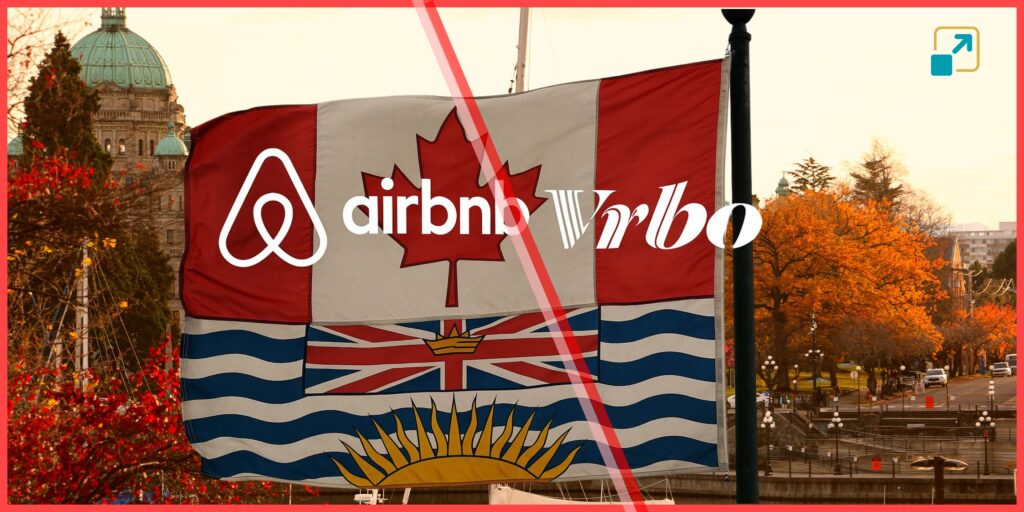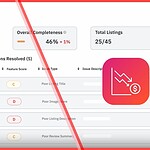- As of June 2, STR platforms like Airbnb and Vrbo are now legally required to remove any listings in British Columbia that do not comply with the province’s new Short-Term Rental Accommodations Act (STRAA).
- Listings must display a valid provincial registration number or face removal. By June 23, platforms must also cancel any future bookings tied to non-compliant properties.
- The law restricts STRs mainly to primary residences in most urban areas, with a few exemptions for tourist-heavy destinations.
- Groups, including the B.C. Real Estate Association and municipal leaders have pushed for broader exemptions, arguing that sectors like healthcare, film, and construction rely on STRs to house temporary workers.
- However, Housing Minister Ravi Kahlon has rejected these requests, mentioning that limiting STRs is necessary to free up more homes for long-term residents.
Snigdha’s Views
- BC has been getting tougher on rental rules lately — from a certified class action against Airbnb to pushing a mandatory short-term rental registry and now delisting.
- Platforms are being forced to remove non-compliant listings, which will directly affect visibility and bookings for hosts who haven’t updated their registration.
- For property managers, the most immediate risk is disruption: cancelled listings and cancelled reservations.
- Managers should prepare to communicate clearly with affected guests, offering alternatives or refunds to protect reputation and avoid last-minute chaos.
- This is also a reminder that the window for passive compliance is closing. Registration, visible license numbers, and correct platform uploads are now non-negotiable
Thibault Masson is a leading expert in vacation rental revenue management and dynamic pricing strategies. As Head of Product Marketing at PriceLabs and founder of Rental Scale-Up, Thibault empowers hosts and property managers with actionable insights and data-driven solutions. With over a decade managing luxury rentals in Bali and St. Barths, he is a sought-after industry speaker and prolific content creator, making complex topics simple for global audiences.







